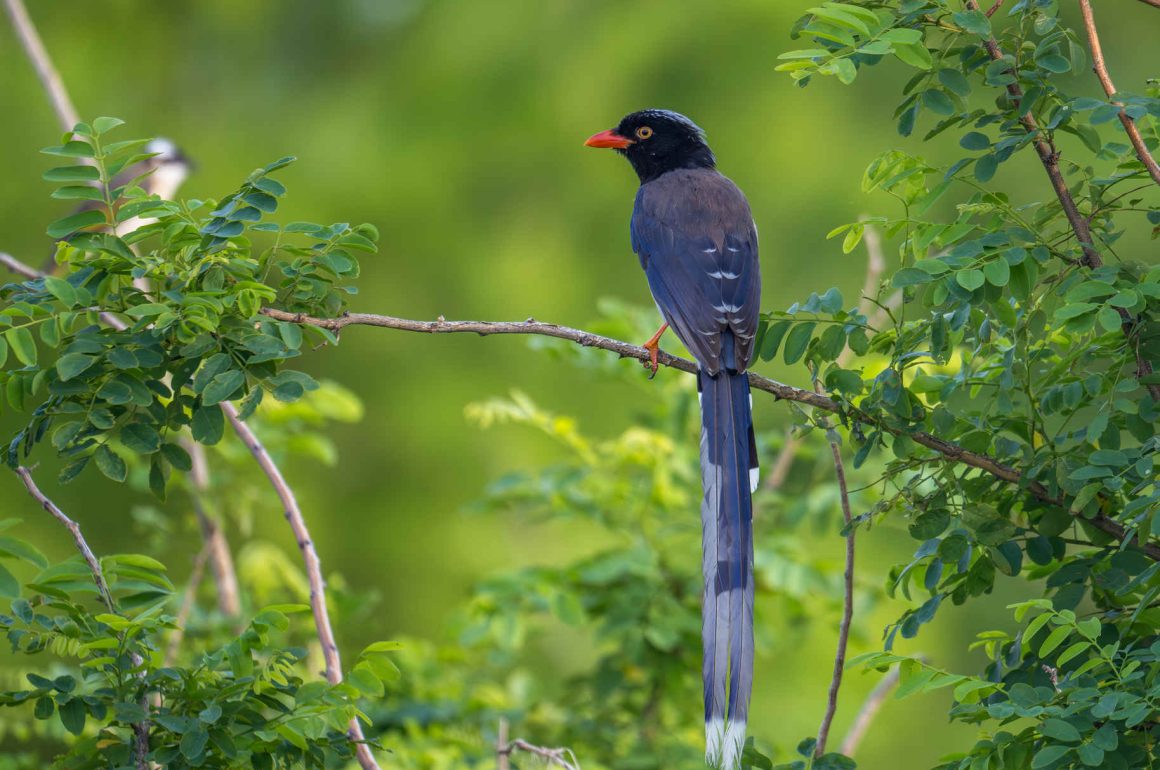
eBird calls the Red-billed Blue Magpie a “Raucous, vividly-colored magpie”, and I would not want to argue with that.
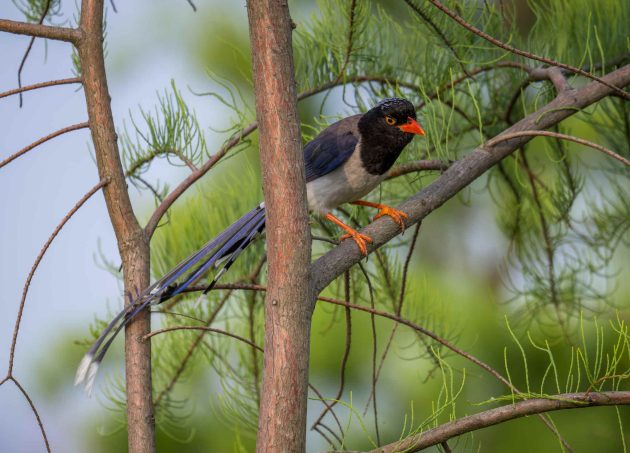
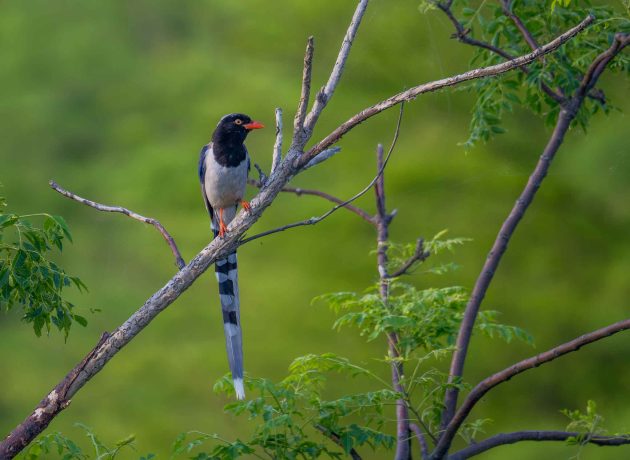
Light-vented Bulbuls probably would, though, pointing out that “raucous” puts too positive a spin on the species that is one of the predators of the bulbul’s nests, as mentioned in a paper.
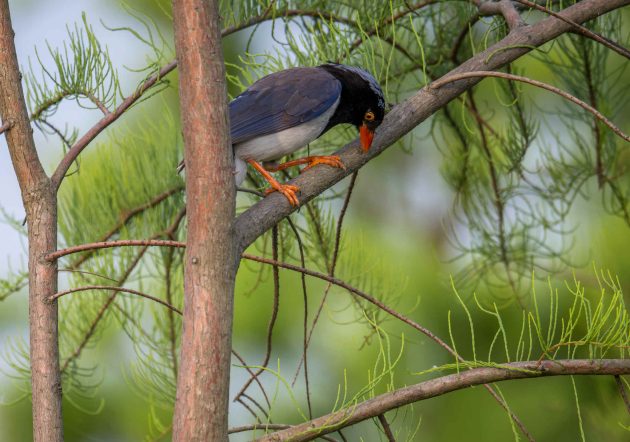
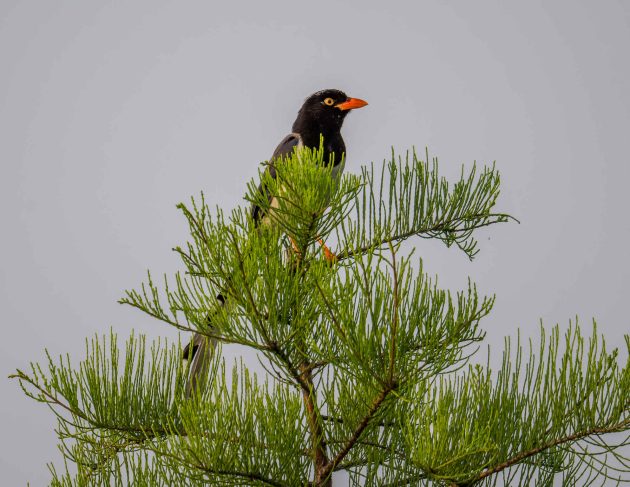
Within the species, the situation is a bit more harmonious. Red-billed Blue Magpies have been shown to be cooperative breeders – online, there is a rather nice video of three adults feeding nestlings.
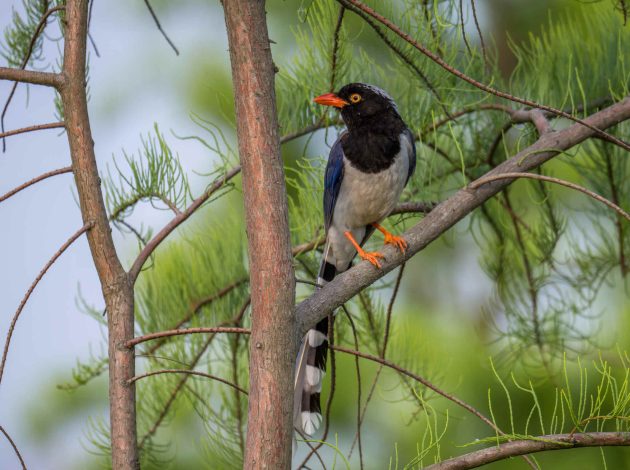
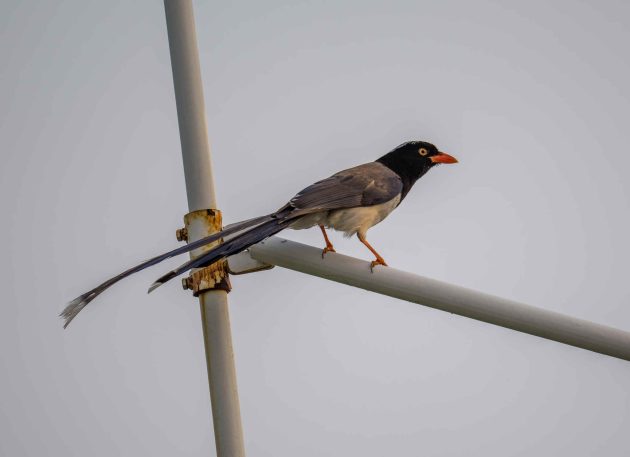
Overall, the breeding success of the Red-billed Blue Magpie seems fairly low, with only about 44% of attempts producing at least one surviving young. Ironically, given the experience of the bulbuls described above, nest predation is a major factor, along with brood parasitism (source).
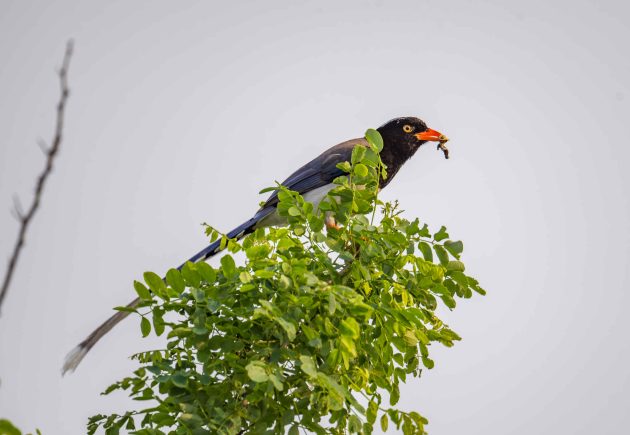
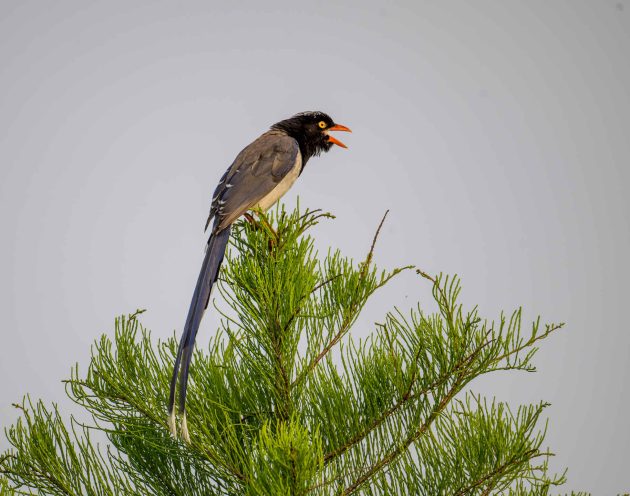
Unfortunately, the study ends with the usual exaggerated claims on its importance, stating that it “opens up an avenue for large-scale comparative studies of the Urocissa genus or higher-level taxa”, i.e., “others could do this for other, related species” (and quote our study in the process).
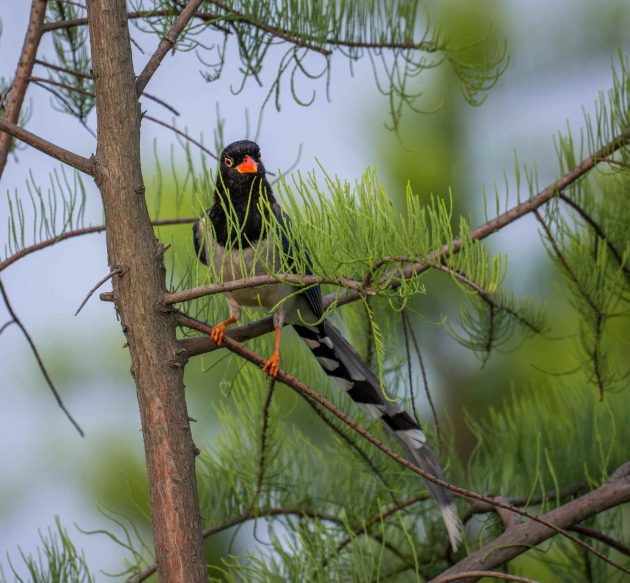
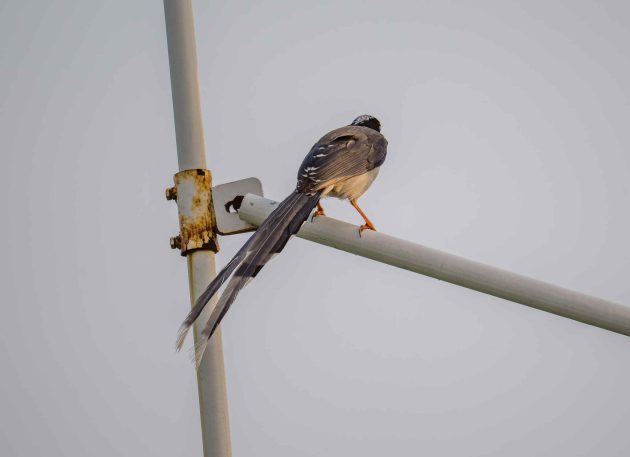
At least slightly negative feedback on the species is provided not from bulbuls but in a paper on the expansion of the Red-billed Blue Magpie in some Japanese lowland areas. Fortunately, this expansion does not significantly affect four native bird species.
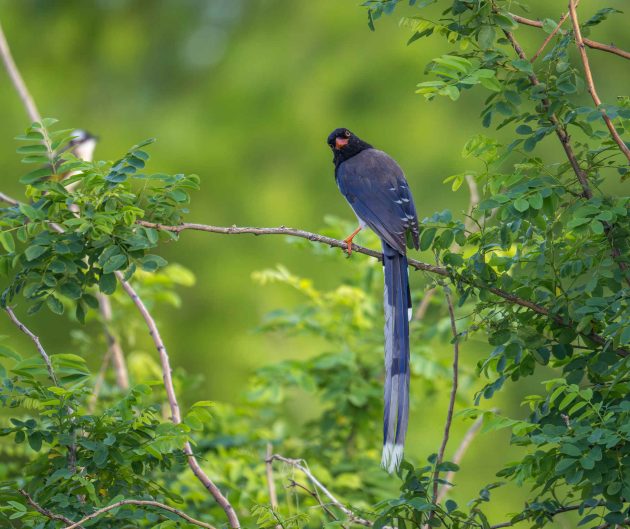
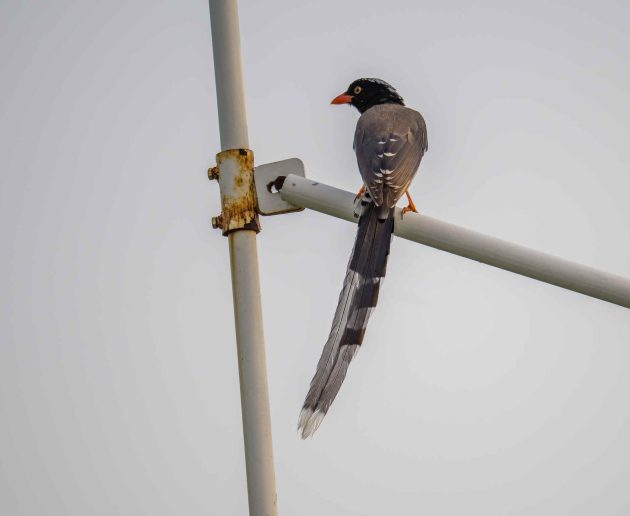
I think I recently read somewhere that every successful IPO these days needs to mention Artificial Intelligence, AI. Maybe the same is true for blog posts? Anyway, a paper in the Artificial Intelligence Review (my usual nighttime reading) introduces a “novel metaheuristic approach called the Red-billed Blue Magpie Optimizer inspired by the cooperative and efficient predation behaviors of red-billed blue magpies”. Apparently, that is a swarm intelligence algorithm useful in numerical optimization, unmanned aerial vehicle path planning, and engineering design problems. To me, that sounds like somebody wants to make killer drones sound more human by associating them with bird names, but what do I know?
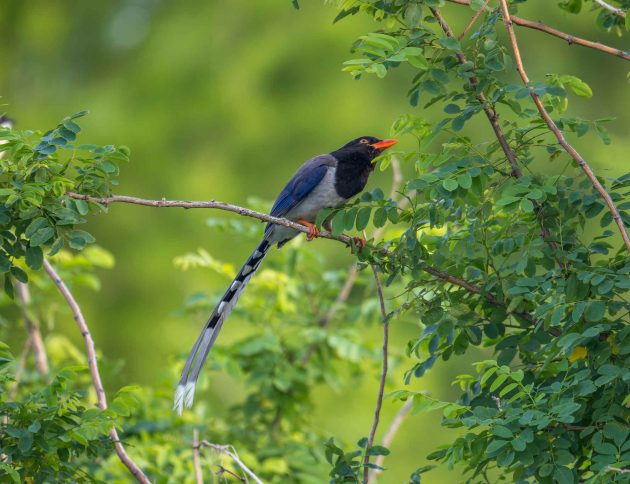
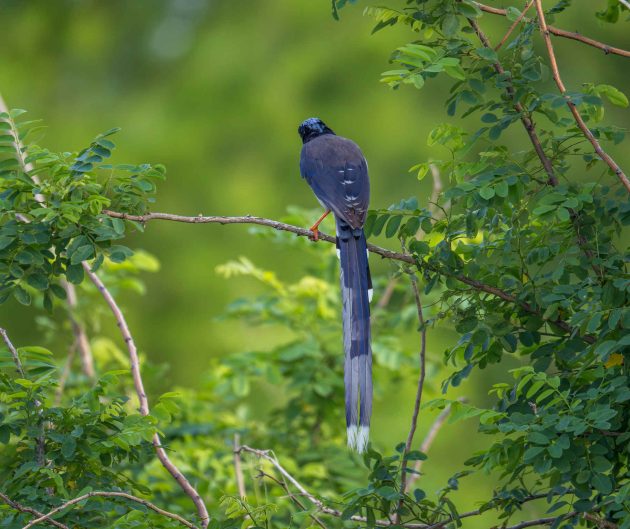









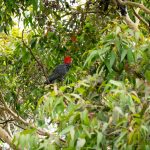




Leave a Comment